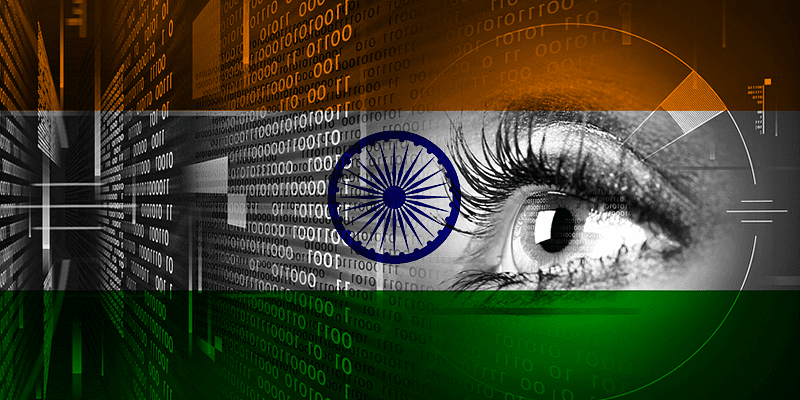This Article is written by Ritansha Lakshmi, Lloyd Law College, Greater Noida
Artificial intelligence (AI): It is the simulation of human intelligence processes by machines, especially computer systems which lacks emotional intelligence. These processes include learning, reasoning and self-correction.
Scope of artificial intelligence in different areas
- In the field of education
- Educational software can be adapted to student needs.
- Artificial intelligence can automate basic activities in education, like grading.
- It can point out places where courses need to improve.
- Students could get additional support from AI tutors.
- AI-driven programs can give students and educators helpful feedback
- Data powered by AI can change how schools find, teach, and support students
- It is altering how we find and interact with information
- Language understanding – The ability to “understand” and respond to the natural language. To translate into written form from spoken and to translate from one native language to another natural language.
- Speech Understanding
- Language Translation
- Problem-solving – Ability to formulate a problem in a suitable representation, to plan for its solution and to know when new information is needed and how to obtain it.
- Interactive Problem Solving
- Automatic Program Writing
- Robots: A combination of most or all of the above abilities with the ability to move over terrain and manipulate objects.
- Exploration
- Transportation/Navigation
- Industrial Automation (e.g., Process Control, Assembly Tasks, Executive Tasks)
- Security and Military
- Other (Agriculture, Fishing, Mining, Sanitation, Construction, etc.)
- For emergency services – When we allow handling emergency to A.I then it is more beneficial for us. Because when some emergency come like:
- Fire and Flood: – then we can send metal or silicon firefighters to save people because they have no danger to lose life, machines can also defy higher temperatures and can work in smoke easily and also can search faster in close-quarters by using radar and lasers technology whereas people may not be able to see.
- Infectious disease like COVID19: Deploy drones to deliver essential goods at doorsteps.
Drones should deploy as a means to fight the deadly coronavirus pandemic by the government. One of the safest and fastest ways to get medical supplies to deliver where needed during an outbreak. Drones can also be used to patrol public places, track non-compliance to quarantine mandates, and for thermal imaging to detect temperature.
- For providing services to customers – Now a day’s, for providing services to the customer artificial intelligence is using in place of a human being. Machine can do calculation properly and no mistake is done by the machine.
- Searching techniques in artificial intelligence – The main characteristics expert system is to collect information from many sources and collect at one place.
As AI becomes what the world is talking right now. There are technology revolutions in the world. AI is going to be a big revolution and it has already begun. Russian President Vladimir Putin stated- “AI is the future and whoever becomes leader in AI will become the ruler of the world”. Given the foreseeable inescapability of artificial intelligence (AI) in modern societies, so it is legitimate and necessary to incorporate this technology to support the maintenance and strengthening of the constitutional democracy of the country.
India being in a nascent stage in developing technological skill to fully implement AI solutions for law enforcement purposes and many projects are still at the stage of conceptualization. Simultaneously, India is also developing projects that will allow the infrastructure and data necessary to fuel AI solutions in the law enforcement sector. There is great potential for the advancement of Artificial Intelligence in the governance space in India. But socio-economic, technological and regulating realities in India pose unique challenges which need to be recognized and addressed while framing policy and implementing the AI technology. With the advent of rapid invasion of AI in different areas, it parallelly put a light on growing concern about its ethical and legal aspects, traditional foundations of constitutional governance face administrative challenges. Human rights, democracy and the rule of law being the core elements for any country which every country is supposed to protect, it is high time to bind new technology to the basic constitutional principles, as the absence of such framing already led to a widespread culture of disregard of the law and put democracy and human rights (privacy) in danger, the Facebook Cambridge Analytics scandal being the latest wake-up call in this respect.
Conclusion
The hegemony of the human race may soon decrease to a certain level with the rise of dependency on AI technologies. To prevent unwanted changes humans must have the ability to foresee law must have the power to rule to check any evil use of AI or to ensure that there must not be any negligence for a quick profit. AI is growing multi-fold technology and we do not know all the advantages or danger associated with it. Therefore, it is of utmost importance to have a double-layered protection model: first- technological regulators; and second- laws to control AI actions as well as for accountability of errors.
Any technology or process which has the potential to impact citizens have to be regulated so that it can be applied in a free and fair manner. The benefits are not unfairly benefiting one particular section of people or deliberately or otherwise, harming another section of people in the society.


